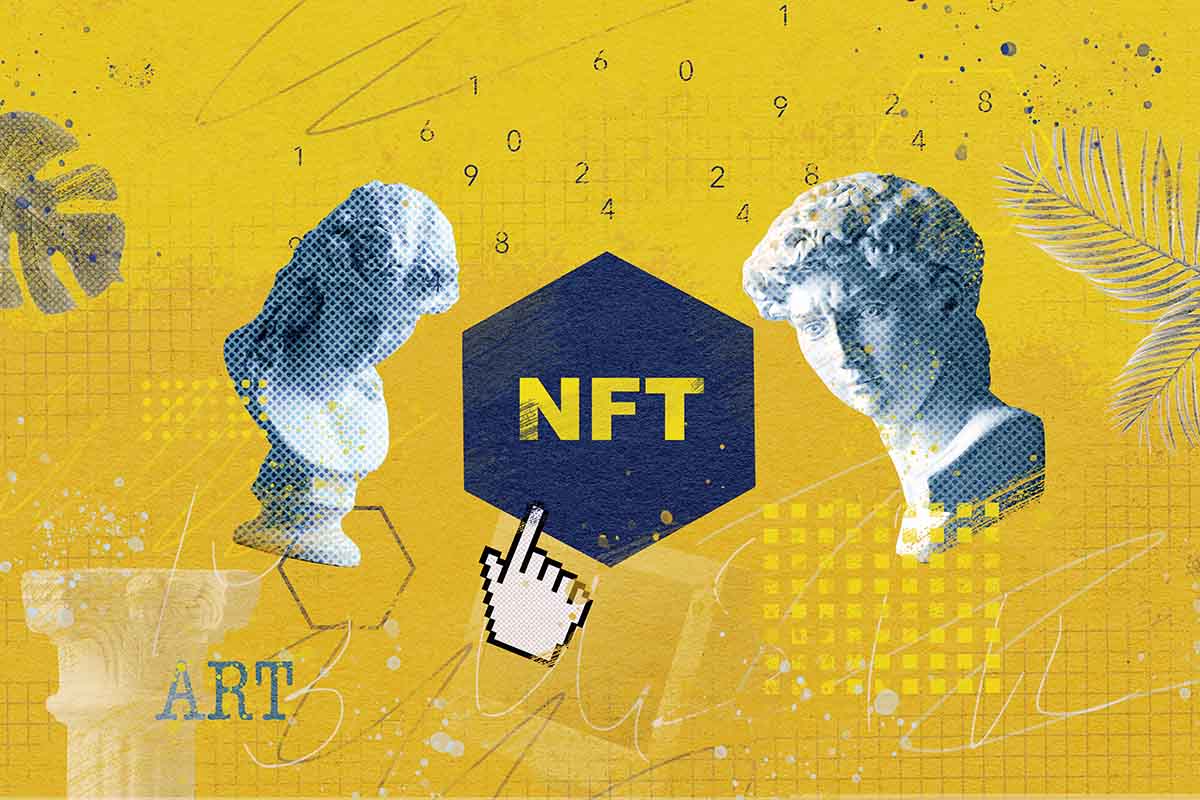What You Learn About Meetings After Working In Business For 30 Years
There are many different reasons for calling a meeting. For some, the goal is to check execution. Is the company delivering products and services to the quality that customers expect? For others, the purpose is to update strategy. Is the brand heading in the right direction?
Whatever the initial motivation for the meeting, you can usually get a sense of whether things are going in the right direction within a few minutes. Some meetings are fabulously productive, while others drag on and on without really offering any value. You learn a lot about meetings once you’ve been in business for 30 years. Here are some take-homes that you might want to bear in mind to make your meetings more efficient and effective.
The More People In The Meeting, The Longer It Takes To Go Deep
You can have a superficial meeting with a lot of people quite easily. Grocery stores do it all the time. They gather people together in the morning in a backroom and quickly run the numbers for the store so far that quarter. Then everyone gets on with their work. It’s a bit like a school assembly.
But if you really want to go deep on an issue, you’ll want to limit numbers. Trying to drag twenty people through technical report analysis is a bad idea. You’ll struggle to go into any depth because you’ll have to explain so many separate concepts to the other attendees.
Meetings Are Only Boring When They Lack Drama
Over time, people train themselves to avoid conflict in the workplace. They see it as the height of unprofessionalism. But conflict emerges necessarily in any business endeavor and should be brought up if it means taking the enterprise forward. Meetings only become boring if people are unwilling to say what is on their minds.
Time Boxing Helps To Reduce Indecision
Have you ever noticed that when you put time pressure on people in meetings, they suddenly start making more decisions? It’s all to do with their psychology. When you allocate five minutes to a topic, people can’t continue discussing it ad infinitum. They have to deal with it and move on.
Taking Notes Helps Working Memory
You might have the best conferencing solutions in the world, but if you aren’t taking notes, then you are potentially limiting your working memory. If somebody keeps raising a point, then writing it down makes it easy for you to remind them that they have already said it and that you’ve duly noted it.
Deciding On How To Decide Beforehand Is Better
You don’t want to get to a meeting and then figure out how you’re going to make decisions. Instead, you want a system in place ahead of time that tells you how you’re going to make your mind up on things. Consensus decision-making is probably the easiest option.
Assigning Meeting Blocks Prevents Damage To Workflow
Meetings should only occur at certain times of the day to prevent damage to workflow. Meetings at odd times tend to be more disruptive.




















